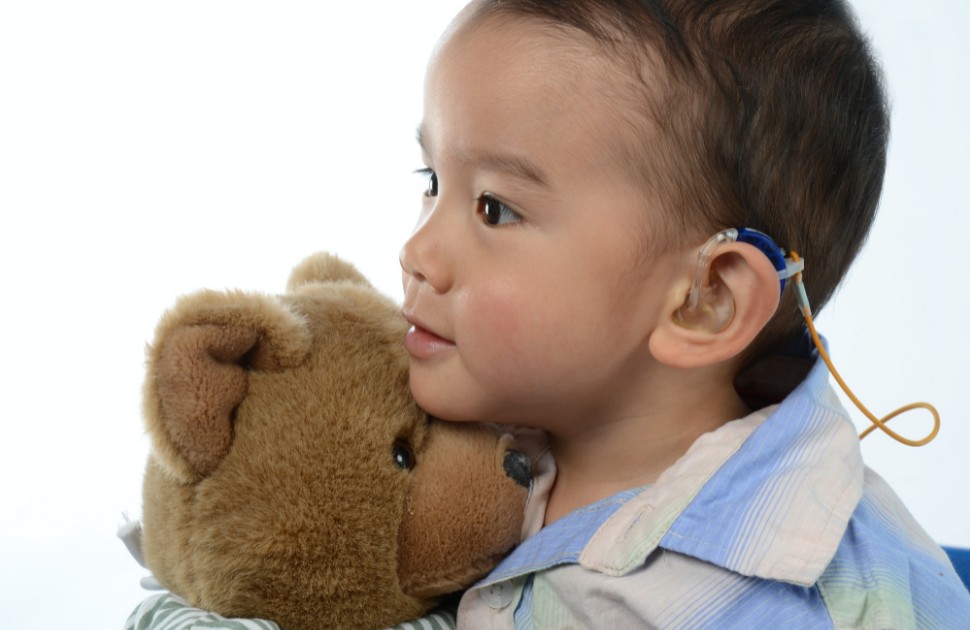| Being me with OCD: how I learned to obsess less and live my life / Dotson, Alison. |
|
Minneapolis, MN: Free Spirit Publishing, 2014.
This book uses the author's own experiences with obsessive-compulsive disorder to discuss the symptoms, diagnosis, and treatment of OCD, and includes advice on finding help and living a fuller, happier life with the disorder.
|
| Free from OCD: a workbook for teens with obsessive-compulsive disorder / Sisemore, Timothy A. |
|
Oakland, CA: Instant Help Books/New Harbinger Publications, 2010.
This book offers forty easy cognitive behavioral exercises to help you move past your OCD symptoms and live freely and flexibly, without fear. You will finally be able to stop compulsive thoughts in their tracks and keep them from coming back.
|
| Freeing your child from Obsessive-Compulsive Disorder: a powerful, practical program for parents of children and adolescents / Chansky, Tamar E. |
|
New York: Crown Publishers, 2000.
The author explains the various stages of OCD and what families go through when someone is diagnosed with OCD. This is a good tool for parents and guidance counselors.
|
| Helping your child with OCD: a workbook for parents of children of OCD / Fitzgibbons, Lee. |
|
Vancouver: Raincoast Books, 2003.
This book is a personalized guide for parents or caregivers of a child with OCD which can use to understand the causes of the disorder and explore available treatments. Find out which techniques are most effective at controlling symptoms. This workbook is full of assessments, and progress charts that encourage you to get involved and stay committed to your child's recovery.
|
| Obsessive-compulsive disorder: help for children and adolescents / Waltz, Mitzi. |
|
Sebastopol, CA: O’Reilly, 2000.
Childhood OCD can be a truly debilitating disability, not just a minor problem or personality quirk. This book will help parents secure a diagnosis, manage family life, understand medical interventions, explore therapeutic interventions, get care within their existing healthcare plan, and navigate the special education system.
|
| Talking back to OCD: the program that helps kids and teens say "no way" - and parents say "way to go" / March, John S. |
|
New York: The Guilford Press, 2007.
This book is really two books in one. Each chapter begins with a section that helps young readers zero in on specific problems and develop skills they can use to tune out obsessions and resist compulsions. The pages that follow the instructions for kids and teens show their parents how to be supportive without getting in the way.
|
|
Ten turtles on Tuesday: a story for children about obsessive-compulsive disorder / Flanagan Burns, Ellen; Cornelison, Sue (ill.).
|
|
Washington, DC: Magination Press, 2014.
Eleven-year-old Sarah is confused, embarrassed, and frustrated by her need to count things but finally talks with her mother and a therapist, who diagnoses Obsessive-Compulsive Disorder and gives Sarah techniques for coping with her symptoms. Includes note to readers. Appropriate for ages 8-13.
|
|
Understanding OCD / deLoache, Shawn; Renfrew, Ruth.
|
|
New York: Medikidz USA, 2018.
In graphic novel format, the Medikidz, superheroes from the planet Mediland, help Tia and Gabriel understand OCD.
|
|
Up and down the worry hill [3rd ed.]: a children's book about obsessive-compulsive disorder and its treatment / Wagner, Aureen Pinto.
|
|
Apex, NC: Lighthouse Press, 2013.
In this book, the author uses the metaphor of the Worry Hill to describe OCD and its treatment clearly and simply through the eyes of a child. Children and adults will identify with Casey's struggle with OCD, his sense of hope when he learns about treatment, his relief that neither he nor his parents are to blame, and eventually, his victory over OCD. For ages 7-10.
|
| What to do when your brain gets stuck: a kid's guide to overcoming OCD / Huebner, Dawn. |
|
Washington, DC: Magination Press, 2007.
This book guides children and their parents through the cognitive-behavioral techniques used to treat Obsessive Compulsive Disorder including examples, activities, and step-by-step instructions to help children master the skills needed to break free and live happier lives.
|





